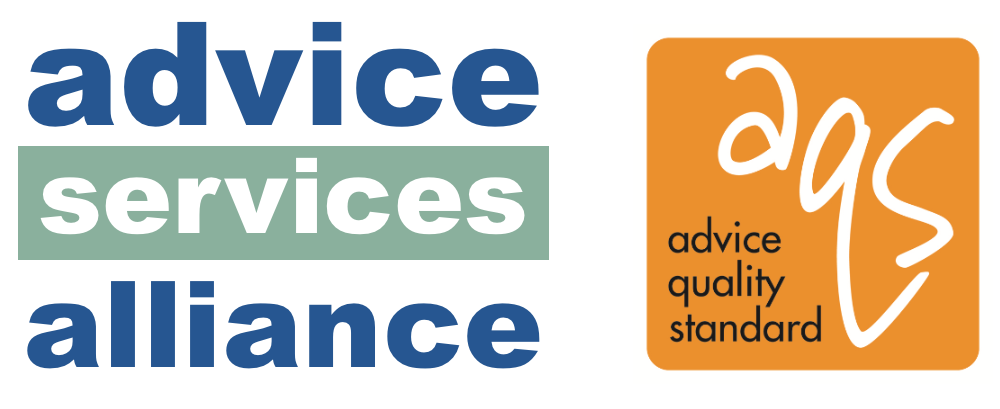International Women’s Day
By Chloe Hall
International Women’s Day is Friday 8th March, 2024. It celebrates the affirming achievements forged by women around the world. This named day also affords an opportunity to continue raising awareness of gender parity initiatives while ring fencing the need to counter discrimination.
#Inspireinclusion conveys this year’s message. It summarises the powerful notion that equitable treatment for every woman remains a vital goal in the workplace, and society. Equality of opportunity is a concept which needs to embrace all women, irrespective of race, religious outlook, age, appearance, or family status.
Rights’ campaigners argue that many people actively anticipate diversity, equality and inclusion. Apt sounding slogans are regularly coined, for example, ‘an equal world is an enabled world’, and in many societies inequality is now actively rejected. In the UK, women’s rights have certainly come a long way since the end of the Victorian era when activists were mostly concerned with the right to vote. Then, corporate policies promoting and safeguarding equality, diversity and inclusion were simply unimaginable.
Even so, much remains to be done. A recent medical report in the Lancet evaluates the impact of discrimination against women at work, drawing sobering conclusions. Almost one in nine women in the survey, who were either pregnant, or mothers to young children, experienced gender discrimination at work. These women registered higher depression scores than others in the sample. The conclusion was unequivocal: ‘This study strongly suggests that perceived gender discrimination is an important factor in a woman’s mental health.’
Enshrining awareness of these issues through a robustly implemented and respected equality, diversity and inclusion (EDI) policy is essential to ensure a non-discriminatory environment at work. The benefits for all colleagues can be seen in organisations where women have been promoted to management. Such success is testament to corporate foresight and appreciation. Values at HFEH Mind are not simply set out in policies. We offer EDI drop in sessions, unconscious bias training and we have appointed EDI champions.
Discrimination also undermines women’s career aspirations and professional/personal self esteem. Organisations must continue to proactively counter all types of discrimination through a rigorous reiteration of its most common forms. Morally and legally all businesses should champion an EDI policy to protect the interests of their workforce. Such policies highlight and define types of discriminatory conduct. Here are seven forms of discrimination which are central to our EDI policy at HFEH Mind.
First, direct discrimination. For example, where a job applicant is overlooked because she happens to be pregnant, or a mother to young children.
Second, indirect discrimination. For example, the imposition of a minimum height requirement for a role which wouldn’t necessarily require one. This would discriminate against women.
Third, harassment, when a colleague, client or volunteer feels intimidated, degraded or disrespected because of who they are.
Fourth, sexual harassment which encompasses verbal insults, inappropriate physical contact, demeaning comments or prevailing attitudes based around gender or sexuality.
Fifth, associative discrimination. For example, if a colleague, client or volunteer is a carer for an elderly relative or disabled child then any work-related decisions based on that person’s domestic role would discriminate through association.
Six, perceptive discrimination. For example, bullying a female colleague because of her sexuality, religion or appearance.
Seventh, victimisation. For example, a female colleague deliberately overlooked for promotion because she has previously lodged a complaint. After all, such a grievance could have cited the employer’s failure to make adjustments to their working environment to assist a disabled or partially sighted colleague.
Awareness of types of discrimination like these remains very important in generational equality campaigns. It is also vital to embed the notion that women’s equality should never be perceived as a threat either to other women or to men in the workplace.
Enshrining EDI policies should ensure that equal opportunities remain a gold standard convention, avoiding discrimination against women. Inclusion through flexibility, adaptation and empathy is essential for any non-discriminatory environment. It is vital to avoid a pretence that a workplace community is inclusive – because a policy can only become effective when it is highly regarded by everyone. Wherever that is the case, women will enjoy a supportive and inclusive equality empowered through basic respect and appreciation. This will ensure a productive workplace, promoting diversity of thought, empathetic leadership, creativity and profitability. The beneficial impact on colleagues’ mental wellbeing is a further, indisputable consequence.
Signposting
Mental Health Crisis Support in West London
Are you struggling? Experiencing stress? Had a life changing event?
Safe Space is a local hub for anyone who feels they are nearing crisis point, including carers.
You will be greeted by our friendly staff who are there to listen to you and help you get the support you need.
There is plenty of information about International Women’s Day available online.
https://www.hfehmind.org.uk/get-support/safe-space/
The IWD website
https://www.internationalwomensday.com/
The United Nations
https://www.un.org/en/observances/womens-day
The House of Lords
https://lordslibrary.parliament.uk/international-womens-day-2024-economic-inclusion-of-women/
If you or someone you know has experienced discrimination at work, you can find support and advice here:
UK Government
https://www.gov.uk/discrimination-your-rights/discrimination-at-work
Citizen’s Advice
https://www.citizensadvice.org.uk/work/discrimination-at-work/discrimination-at-work/
If you or someone you know is struggling with their mental wellbeing, you can find information and advice about all aspects of mental wellbeing on HFEH Mind’s website:
The NHS also offers advice:
https://www.nhs.uk/mental-health/
Posted on: 7th March 2024

















